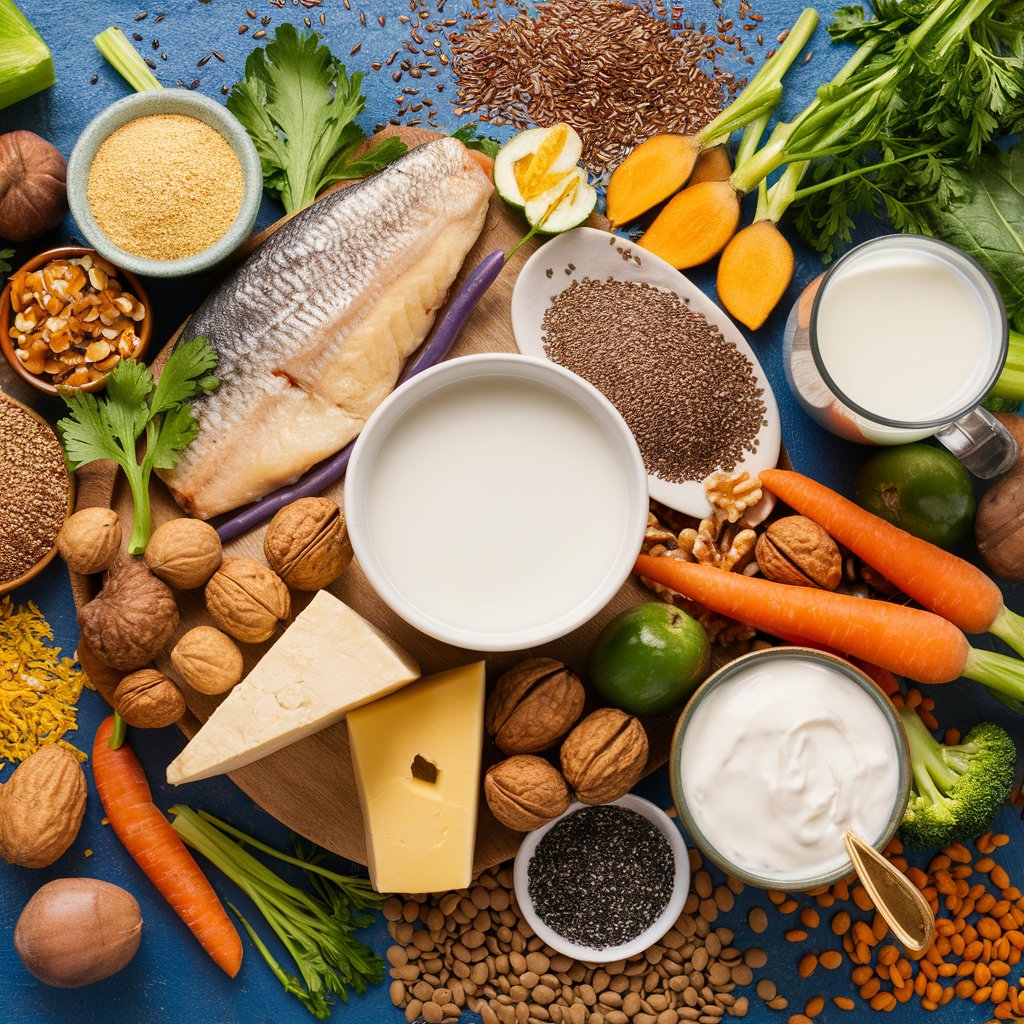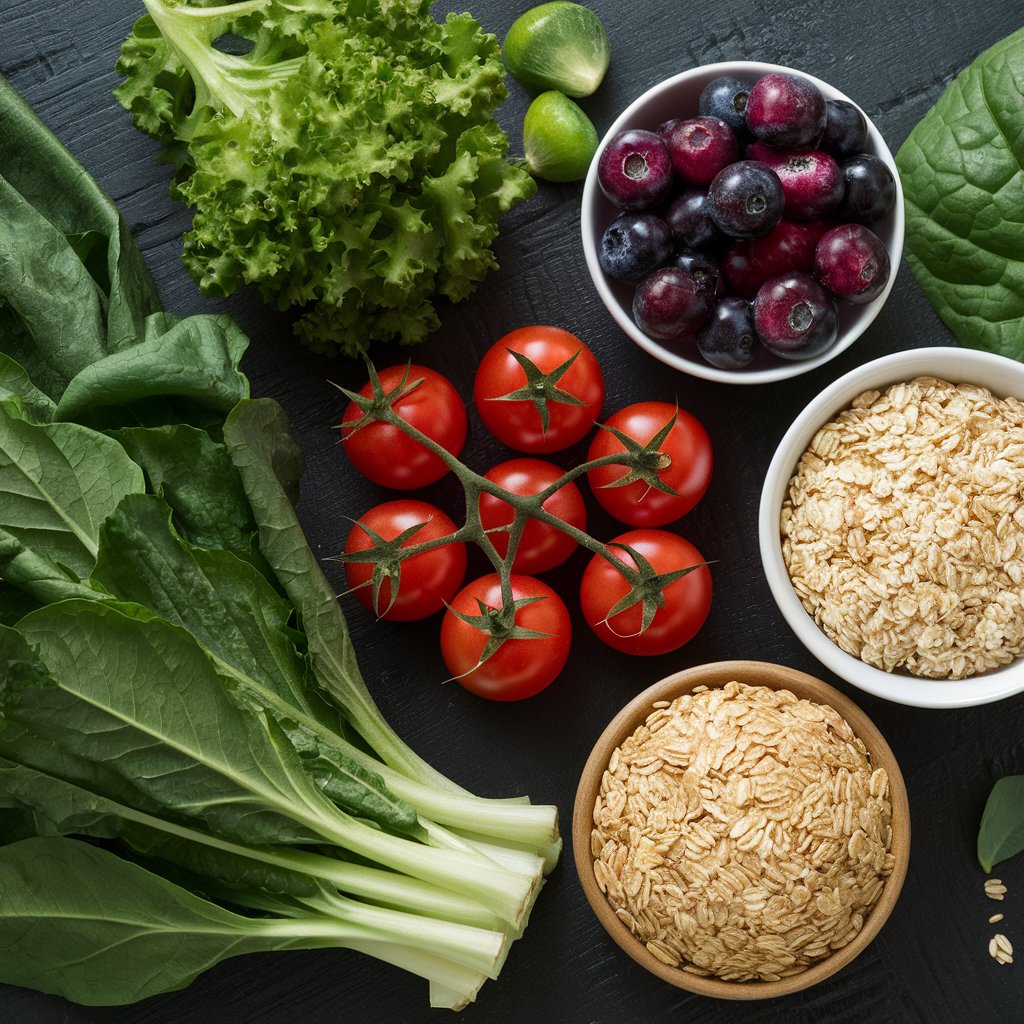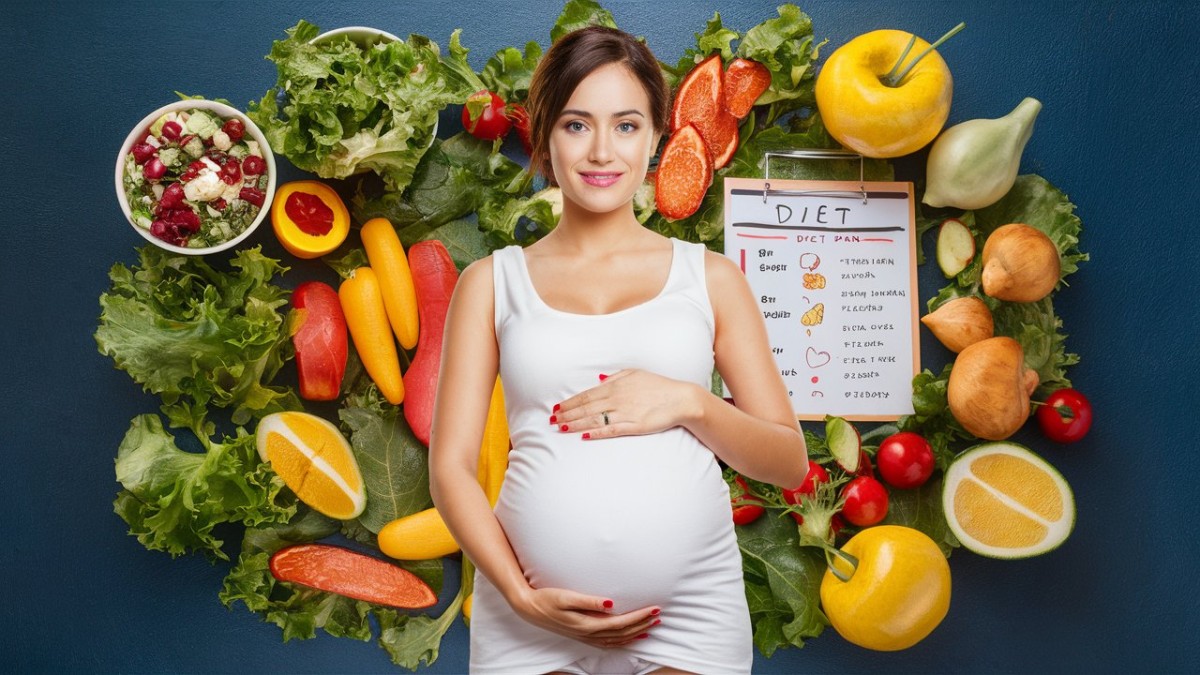Wondering how to nourish both yourself and your growing little one?
Is there a way to ensure that all your meals are nutritious enough?
Normally, when a woman is pregnant, she needs to have proper nutrition that is beneficial to her and the growing baby. Now, with all the raging hormones, mood swings, weird pregnancy cravings, and much more, how does one ensure to gets the proper nutrition from the day-to-day diet?
If these questions are always confusing you as a soon-to-be mother, then you are in the right place!
Here is a Diet Plan for Pregnant Women Through All Three Trimesters
Eating for Two: The Ultimate Step-By-Step Guide through all the trimesters.
First Trimester (Weeks 1-12)
In the first trimester, your body undergoes a lot of changes. If it is your first time being pregnant, then make sure that you are always around someone to take care of you. When your body is undergoing such a big change, it expects a lot more than your normal meal prep. You must prepare your body by building a strong foundation.
Main Focus in This Trimester: Building a strong foundation for the growth of the baby.
Primary Nutrition Requirement:
Folic Acid: Folic Acid is important for preventing neural tube defects.
Iron: Iron helps and supports increased blood volume.
Vitamin B6: While you are pregnant, it is common to feel nauseated, so Vitamin B6 helps with it.
Protein: Supports the growth of fetal tissues.
Sample Meal Plan:
|
Meal |
Food item |
Nutrition |
|
Whole Wheat Toast with Avocado and boiled egg |
Protein, fiber |
|
|
Mid-Morning |
A bowl of mixed fruits and nuts |
Vitamins and minerals, healthy fats |
|
Lunch |
Spinach, Dal, Rice, Raita |
Iron, Protein, Probiotics |
|
Evening |
Carrot and cucumber with hummus |
Fiber, Vitamins, Proteins |
|
Dinner |
Chicken/Paneer Curry with Roti and grilled vegetables |
Protein, Carbohydrates, Vitamins |
|
Bedtime |
Warm Milk With Turmeric (Turmeric Milk) |
Calcium and Antioxidants. |
Second Trimester (Weeks 13-26)
Main Focus in The Second Trimester: Ensure that the Growth of the Baby in the Womb is Fast.
Now, that the first trimester is done, we shall move to the second. Here, the baby is now absorbing all the nutrients to form different parts of the body structures. So the nutrition must be consumed accordingly.
Primary Nutrition Requirement:

Calcium: As we all know Calcium is one of the most important nutrients for teeth formation. That is why it is important to include Calcium-rich foods. Dairy products like milk, cheese, and yogurt, as well as plant-based milk, tofu, and leafy green vegetables, are full of Calcium.
Vitamin D: Vitamin D is important for the absorption of Calcium. You can get it by milk, eggs, as well as Salmon.
Omega-3 Fatty Acids: It is very important for the baby’s brain development. Include fatty fish like salmon, flaxseeds, chia seeds, and walnuts for a boost of Omega-3
Fiber: Fiber helps prevent constipation, a common issue during pregnancy. Include whole grains, fruits, vegetables, and legumes.
Sample Meal Plan:
|
Meal |
Food item |
Nutrition |
|
Breakfast |
Oats with chia seeds and fresh fruit like bananas and berries |
Fiber, Omega-3, Antioxidants |
|
Mid-Morning |
Greek Yogurt with Flax seeds |
Protein, Omega-3, Probiotics |
|
Lunch |
Vegetable Curry, or any other protein. Chickpeas, and Roti. |
Iron, Protein, Vitamins |
|
Evening |
Cut fruit salad with peanut butter |
Fiber, Vitamins, Proteins |
|
Dinner |
Brown Rice and Curry with protein of your choice. |
Omega-3, Iron, Vitamins |
|
Bedtime |
A small bowl of dry fruits and dates. May include dark chocolate as well. |
Iron and healthy fats, Tannins. |
Third Trimester (Weeks 27-40)
Main Focus in The Third Trimester: Preparing for Birth.
The last few months of pregnancy are quite sensitive. Therefore the diet should also be extremely nutritious, to prepare the body for birth.
Primary Nutrition Requirement:
Vitamin K: Important for blood clotting and bone health. Include leafy greens like kale, spinach, and broccoli.
Vitamin C: Enhances iron absorption and supports the immune system. Include citrus fruits, strawberries, bell peppers, and tomatoes.
Complex Carbohydrates: Provide sustained energy. Include whole grains, oats, brown rice, and starchy vegetables.
Sample Meal Plan:
|
Meal |
Food item |
Nutrition |
|
Breakfast |
Scrambled eggs with spinach and whole-grain toast |
Fiber, Omega-3, Antioxidants |
|
Mid-Morning |
Smoothie with banana, spinach, and Greek yogurt |
Protein, Omega-3, Probiotics |
|
Lunch |
Chicken/Other Protein Curry and Rice with a side of mixed vegetable salad |
Iron, Protein, Vitamins |
|
Evening |
Sweet potato chaat with chickpeas |
Fiber, Vitamins, Proteins |
|
Dinner |
Rice and Dal and a side of vegetable curry |
Iron, Vitamins |
|
Bedtime |
A glass of warm milk with honey |
Calcium, natural sugars |
Some Minor Restrictions:
Avoid Certain Foods: Stay away from high-mercury fish (like swordfish and king mackerel), unpasteurized dairy products, raw or undercooked meats, and deli meats to reduce the risk of foodborne illnesses.

Moderate Caffeine: Limit caffeine intake to 200 mg per day (about one 12-ounce cup of coffee).
Small, Frequent Meals: Eating smaller, more frequent meals can help manage nausea, heartburn, and indigestion.
Listen to Your Body: Each pregnancy is unique. Pay attention to your body’s signals and adjust your diet as needed.
Conclusion
Pregnancy is a very delicate stage of life. It is the process of giving birth to a new life. And in order to ensure that this process goes as smoothly as possible, one must take the utmost care from day one. So always make sure to meet your doctor and get regular checkups.
